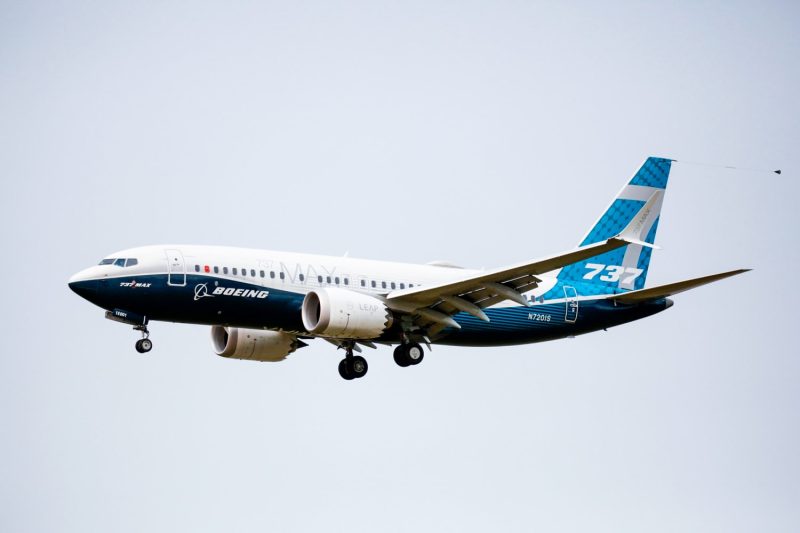The recent decision by the U.S. District Court to reject Boeing’s plea deal linked to the 737 Max crashes marks a significant turning point in the legal challenges facing the aviation giant. The plea deal was part of Boeing’s agreement with the Department of Justice to resolve criminal charges related to the two fatal crashes that took place in 2018 and 2019, claiming the lives of 346 people.
The court’s rejection of the deal underscores the gravity of the issues at hand and the need for accountability in the aviation industry. It sends a clear message that the judicial system will not rush to accept inadequate settlements that fail to address the full extent of the harm caused by corporate negligence.
One of the key arguments raised by the court in its decision was the concern that the proposed plea deal did not hold individual Boeing employees accountable for their roles in the design and certification of the 737 Max aircraft. This raises important questions about corporate responsibility and the need to ensure that those directly responsible for the decisions that led to the crashes are held to account.
Moreover, the court’s rejection of the plea deal highlights the complexity of seeking justice in cases involving large corporations with significant political influence. The scrutiny faced by Boeing in the aftermath of the crashes has exposed broader issues related to regulatory capture, where industry interests can unduly influence government oversight and enforcement.
The legal proceedings related to the 737 Max crashes serve as a wake-up call for the aviation industry and regulators alike. They underscore the importance of robust safety protocols, transparent communication, and a culture of accountability within companies that design and manufacture aircraft.
Moving forward, it is crucial for stakeholders across the aviation sector to prioritize safety above all else and to learn from the mistakes that led to the tragic loss of life in the 737 Max crashes. The court’s rejection of Boeing’s plea deal should serve as a catalyst for meaningful change and a renewed commitment to ensuring the highest standards of safety and transparency in the industry.
As the legal proceedings continue to unfold, the eyes of the world will be on Boeing and other aviation manufacturers to demonstrate their commitment to safety and to rebuild trust with the flying public. The court’s decision to reject the plea deal is a step toward achieving justice for the victims of the 737 Max crashes and holding those responsible accountable for their actions.






























